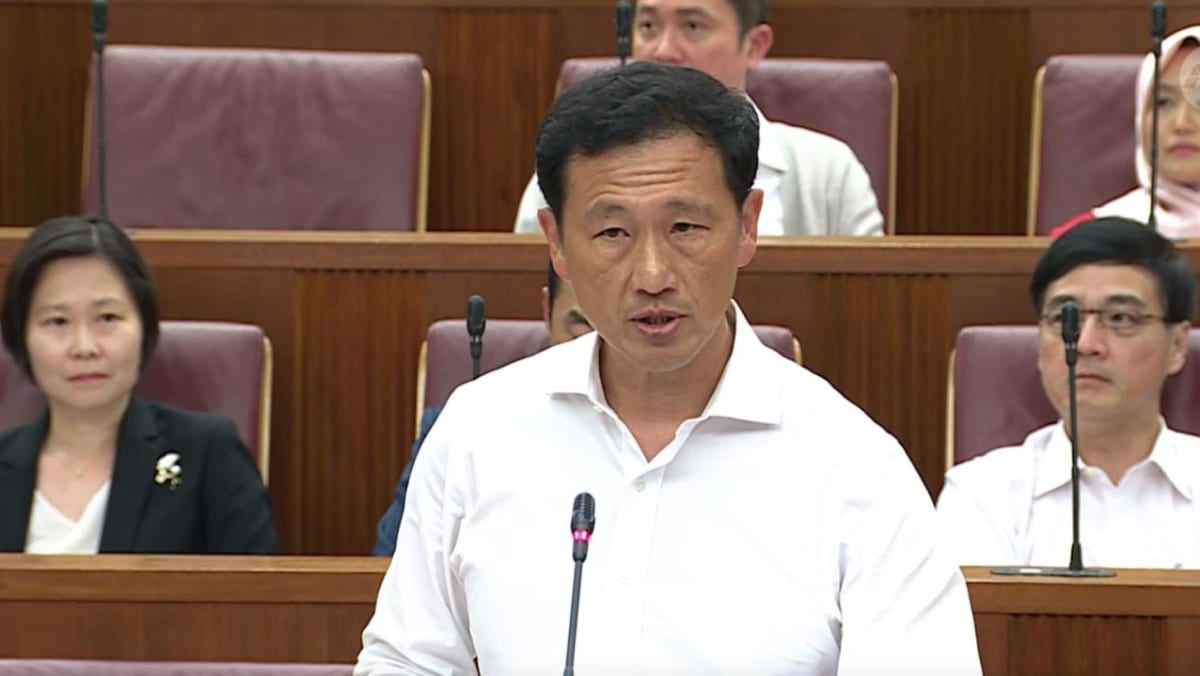The issue of retroactive charging for patients who opt to transfer to higher-class wards first emerged in a letter published on the Straits Times’ Forum page last month.
In the letter, Mr David Kong wrote about how his 98-year-old mother was first admitted to the high-dependency ward in the Singapore General Hospital (SGH) as a Class C patient.
But the ward, which accommodates five patients, was “consistently noisy” and his mother found it difficult to rest, he wrote.
Mr Kong’s mother was transferred to a general ward a week later and the family opted for an A1 ward – a single room for a “quieter environment”. However, the family was told that doing so means that the hospital bill for their mother’s “earlier stay as a Class C patient would be retroactively changed to reflect her new Class A1 status”.
The A1 ward is a private and non-subsidised ward type, based on SGH’s website.
Describing this retroactive charging as “illogical and unfair”, Mr Kong said: “A patient should be charged Class C rates for the period she stayed in a Class C ward, not Class A1 rates for services and amenities she did not consume.”
When CNA contacted the Ministry of Health (MOH) regarding the issue last month, a spokesperson said that it is important to ensure that government subsidies “are targeted at where they are needed most”.
“If there are medical reasons why a patient may need to be isolated from other patients after surgery, our public hospitals will provide the necessary facilities subsidised at the patient’s chosen ward class,” the emailed reply said.
“Patients are also counselled on the financial implications before upgrading their ward class, so they can decide whether they want to go ahead with the ward change,” it added.
In his supplementary questions on Tuesday, Mr Ang, the MP, asked if patients who require an upgrade but are “not financially very strong” can appeal against the retroactive charges.
Mr Ang also raised the scenario of patients who are not allowed to downgrade to a cheaper ward after having stayed at a higher-class ward previously at the hospital.
“The only time they can escape this is when they are admitted to A&E then they can go to a lower-class (ward),” he said, citing feedback from his residents.
Mr Ong replied that “everyone has the right to appeal” but authorities are “trying to stop a certain behaviour which (they) don’t think is right”.
He added that patients are counselled financially at the beginning of every hospital stay, and decisions are made by patients “with their eyes open”.
In cases where downgrades are not allowed, Mr Ong noted that “a very established process of means testing” is in place currently.
“So long as they meet the means testing criteria, they can downgrade,” he said. “So, I think the specific cases the member might have come across might be a case where they didn’t manage to meet the means testing criteria.”
Mr Ong added that those with affordability issues can tap on MediFund – an endowment fund set up by the government for lower-income Singaporeans – which serves as the “last line of defense” to ensure those who need help can “always afford hospital stay in public health institutions”.
